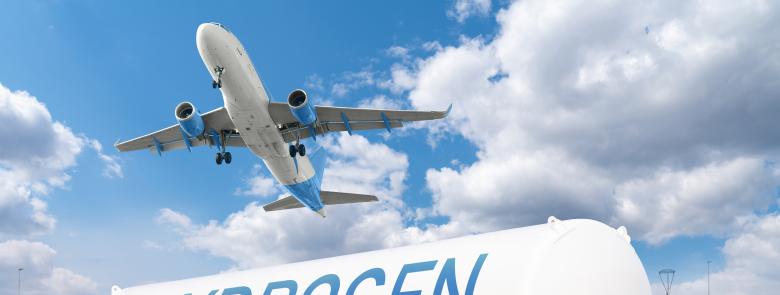ERA responds to low-carbon fuels consultation

Print details
ERA responds to low-carbon fuels consultation
29 October 2024: Following the European Commission’s call for feedback on the draft delegated act which clarifies the methodology for evaluating the emission savings of low-carbon fuels, ERA has responded on behalf of members, calling for a methodology and implementation that considers the specific needs of regional carriers. The feedback from the consultation will feed into the Commission’s deliberations on the final text.
ERA's feedback covered the following aspects:
- Support for EU decarbonisation efforts:
- ERA strongly supports the EU’s initiatives to decarbonise the aviation sector through low-carbon and sustainable aviation fuels.
- Regional aviation connects Europe’s remote regions and faces unique challenges in transitioning to a low-carbon future.
- Methodology for GHG emission savings:
- A correct calculation method is needed to include all direct and indirect impacts of low-carbon fuels.
- RFNBOs, such as synthetic kerosene and hydrogen, can provide significant GHG savings if produced from renewable electricity and sustainable inputs.
- Sustainability and Integrity:
- Ensure that only renewable fuels of non-biological origin (RFNBOs) produced from genuinely renewable and sustainable sources are classified as low-carbon fuels.
- Apply stringent criteria to the origins of inputs (renewable electricity and green hydrogen) to avoid greenwashing.
- Support for clear, enforceable sustainability standards.
- Comprehensive Life Cycle Assessment (LCA):
- Adoption of a comprehensive LCA methodology is essential for calculating GHG emissions savings.
- A 'well-to-wheel' approach is necessary to accurately assess the carbon footprint of various fuel types and technologies.
- Consider emissions across the entire fuel supply chain, promoting a balanced transition to low-carbon aviation.
- Need for regulatory clarity and consistency:
- The methodology must provide regulatory clarity to facilitate informed, long-term investments in SAFs, including RFNBOs.
- Ensure GHG emission calculation methodology aligns with EU frameworks such as:
- The Renewable Energy Directive (RED II).
- The EU Emissions Trading System Directive (ETS).
- The ReFuelEU Aviation Regulation.
- Harmonisation will reduce confusion and promote timely investment and implementation across the industry.
- Realistic implementation timelines:
- New methodologies should be phased in with realistic timelines and costs to avoid additional burdens on aviation stakeholders.
- Regional aviation faces challenges due to limited access to capital for fleet renewal compared to larger carriers.
- A gradual, phased approach is needed to prevent disruptions or financial strain on regional operators.
- Shared financial responsibility:
- Costs associated with stricter LCA requirements and GHG emissions accounting should not fall solely on airlines, particularly smaller regional operators.
- Fuel providers and supply chain stakeholders should share financial responsibilities for meeting new sustainability standards and collecting necessary data.
